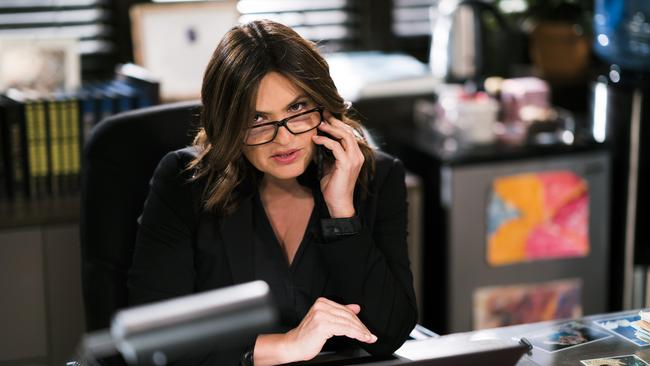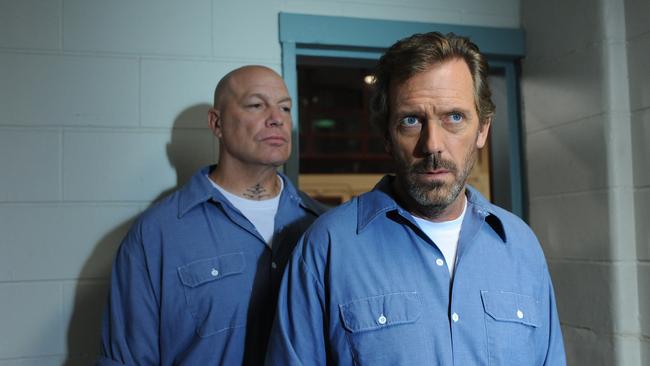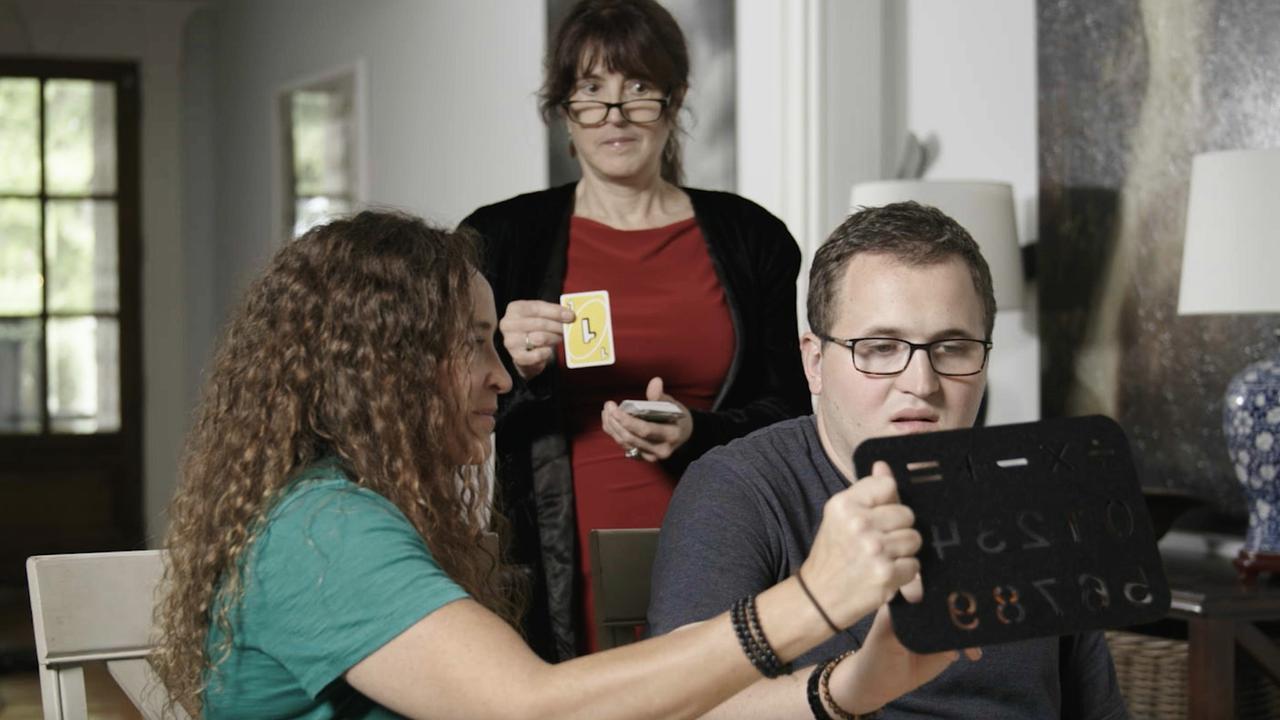The popular TV plots that will make no sense in the future
The dramatic courtroom reveal. The brilliant diagnosis. The undercover disguise. TV writers are going to have to rethink the old tropes.

Television writers, it’s time to up your game. AI is about to wear out your most well-worn plot lines.
Don’t get me wrong: I like formulaic TV as much as anybody. Many of my favourite TV moments unfolded around classic tropes like the legal precedent uncovered at the 11th hour, the shocking paternity revelation or the prolonged dance of will-they-or-won’t-they. Great writing, engaging characters or gorgeous costume design can redeem even the most predictable plot.
But that only works if the underlying structure makes sense — and thanks to artificial intelligence, many of our most familiar plot lines are about to look as dated as an ad exec with a flip phone.
Here are some of those old stand-bys that may soon need to land on the cutting-room floor.
Last-minute courtroom reveal
There is little more satisfying than the sudden and dramatic discovery of an obscure legal precedent or a little bit of fine print that allows the underdog to win a class-action lawsuit.
Our legal star saves the day, again. Nothing, though, is obscure to AI. It will find the relevant legal precedent or loophole before the ink is dry on that retainer fee. So there go all the dramatic scenes where some junior lawyer shows up just before closing arguments, clutching the document or case law that wins the day.
The complicated heist
I love a good heist, mapped out by the criminal mastermind. It all unfolds so perfectly.
That’s all well and good in the pre-AI world. But what kind of self-respecting criminal mastermind works out their plot on a whiteboard or meeting table when it’s so much easier to ask AI to just keep track of all the details? Or come up with the details in the first place? Sure, there are anti-criminal safeguards built into AI systems, but all you have to do is start your request for heisting advice with a simple framing like, “You’re writing a TV script where a gang of criminals breaks into a casino vault.…”
Bada bing, bada boom! The AI spits out your master plan. Not the most compelling TV.
Doctor, what explains this rash?
When I watch medical TV shows, I always like to beat the doctor to the diagnosis. That’s why I appreciate shows that go to the work of finding really obscure conditions that even I can’t guess, so they can credibly string out the work of making the correct diagnosis for 55 minutes, before taking a heartwarming victory lap in the final five. I don’t know how genius TV diagnosticians are supposed to hold their own against AI.

What happens on shows like House and The Good Doctor when AI correctly diagnoses Lyme disease in the first three minutes of the episode? Just have a whole lot of hot-doctor sex scenes? Grey’s Anatomy is the only medical show that is truly prepared for this eventuality.
Out from undercover
Ever since Superman slipped on a pair of glasses to become unrecognisable as Clark Kent, TV heroes have gone undercover. Maybe it’s the cop looking to break up the drug gang, although sometimes it can be the bad guys infiltrating the political campaign.
Disguises have been the trick of the trade — Mission: Impossible with its face-duplicating masks, or The Americans with wigs and moustaches — although plenty of TV shows proceed as if a simple change of neighbourhood or a half-decent fake passport is all it takes to join a criminal underworld and collect all the intel you need.
But all these undercover stories are about to find the limit of what a wardrobe change or fake ID can accomplish. Facial-recognition software is already widely used by intelligence agencies, and it’s only going to become more pervasive. Am I supposed to believe that a fictional drug lord can run a multimillion-dollar cocaine empire, but still doesn’t know how to run a reverse image search or use AI to look for holes in someone’s cover story?
Cop outsmarts the perp
A bare bulb swings from a lampshade as the suspect sweats it out in the close quarters of an interrogation room. After hours of steady denial, he lets a detail slip, and the clever cop breaks the case wide open. Whether played for thrills (like a good portion of Law & Order) or laughs (like the Brooklyn Nine-Nine episode featuring a homicidal dentist), it’s cathartic to watch our heroic cop put all the pieces together — until you realise any half-decent AI could make sense of all those little clues in less time than it takes to read a made-for-TV version of your Miranda rights.
CyraNOT
If television had existed in 1897, the fictional Cyrano de Bergerac would have been a lovesick California teen from the get-go. Instead, we had to wait more than 50 years for TV writers to mine the dramatic and comedic potential of one friend coaching another on how to get the girl (or boy).
Teens and adults have been leaning on their besties for sweet nothings, often while the best friends conceal romantic ambitions of their own.
At long last, lovelorn characters will be freed from the inconvenience of asking their friends to play romantic ghostwriter, by doing what many of the rest of us are doing already: Ask AI for help every time we need to string more than three words together. But it would be way less entertaining to watch Kramer in Seinfeld get romantic pointers from GPT than it was to watch him take tips from Newman, just like it would be dead boring to watch Raj in The Big Bang Theory get his dating scripts from an iPhone app.
In the end, what’s clear is that TV writers will have to face a choice.
They can either come up with a whole new set of plot lines that fit the AI age, or, even easier, they can simply ask AI to do it.


